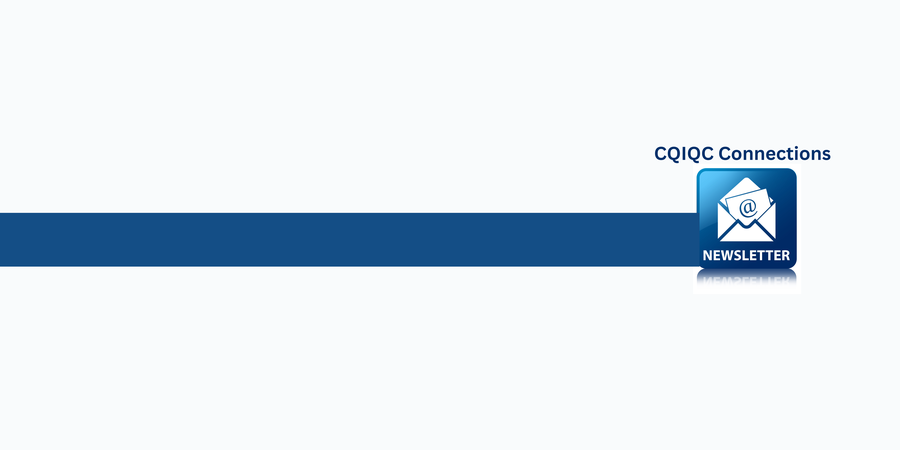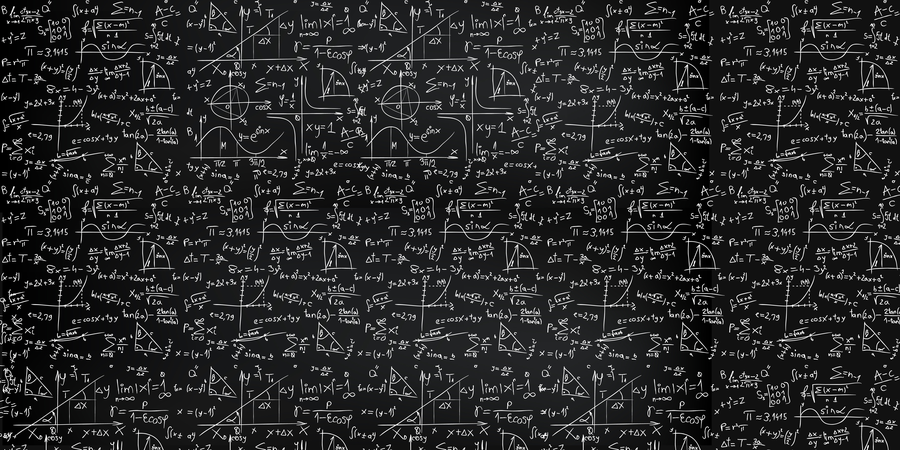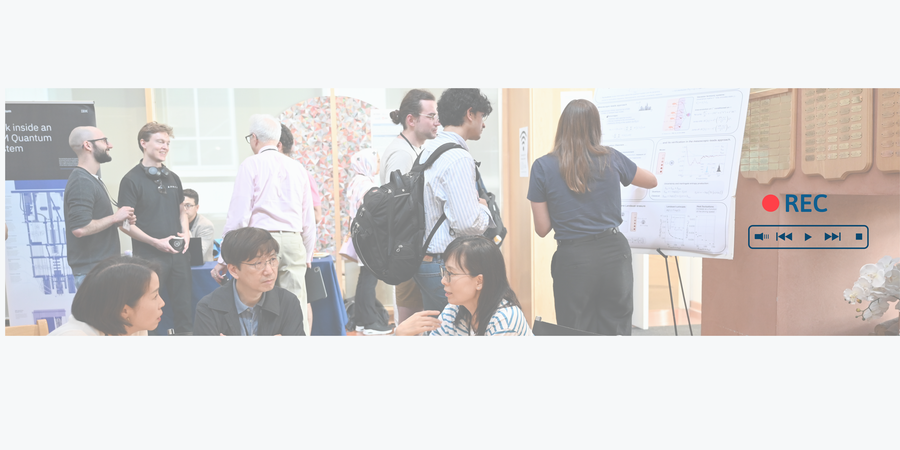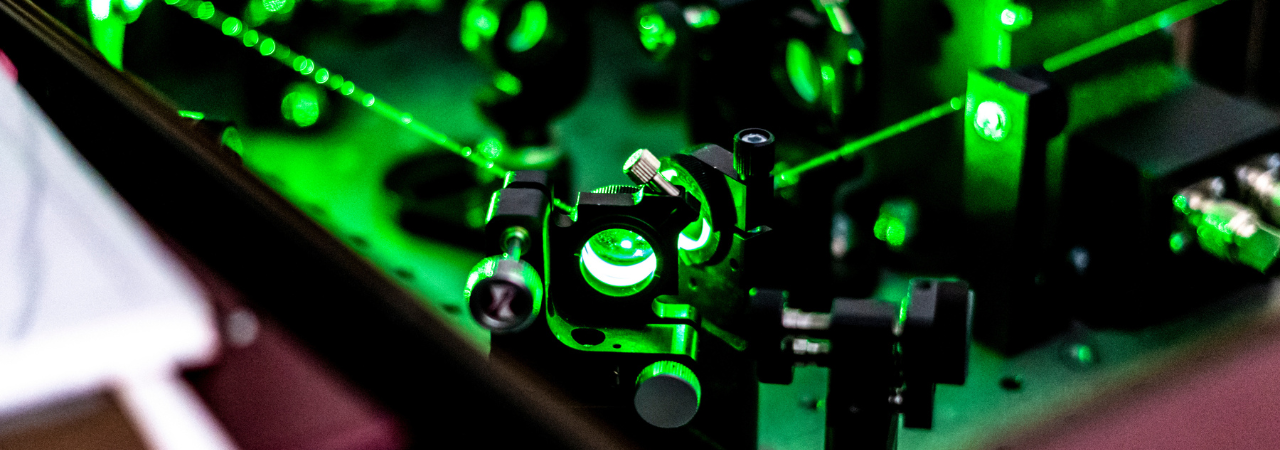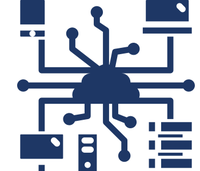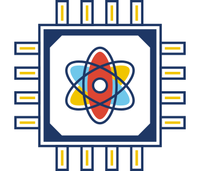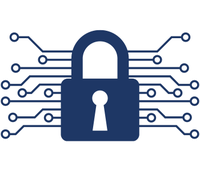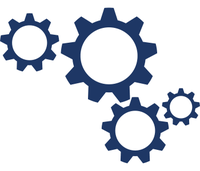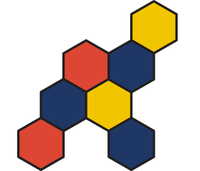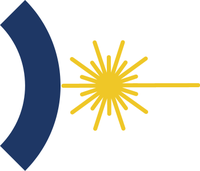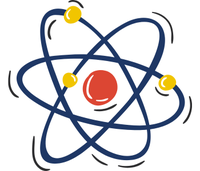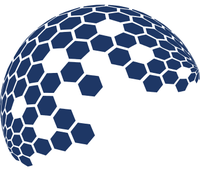CQIQC is tasked with promoting research collaborations in the rapidly evolving interdisciplinary fields of quantum information and quantum control. CQIQC's activities at the University of Toronto encompass the Departments of Chemistry, Physics, Mathematics, Computer Science, Electrical Engineering, and Materials Science.
The Center was established in April 2004 with internal funding from the President of the University of Toronto, the Vice-President of Research and Associate Provost, the Dean of the Faculty of Arts & Science, and the Dean of the Faculty of Engineering. CQIQC funds endowed postdoctoral fellowships and summer student scholarships, organizes conferences, workshops and summer schools, coordinates the development and teaching of graduate courses in quantum science, and runs a seminar series. It also sponsors the biennial John Stewart Bell Prize for Research on Fundamental Issues in Quantum Mechanics and their Applications.
Latest News





Upcoming Events
Research Areas
CQIQC members are involved in a variety of theoretical and experimental activities, including coherent control, quantum optics, quantum cryptography, quantum decoherence-control, and quantum algorithms.
Click the title to learn more about our researchers' latest work and projects.
Recent Publications





